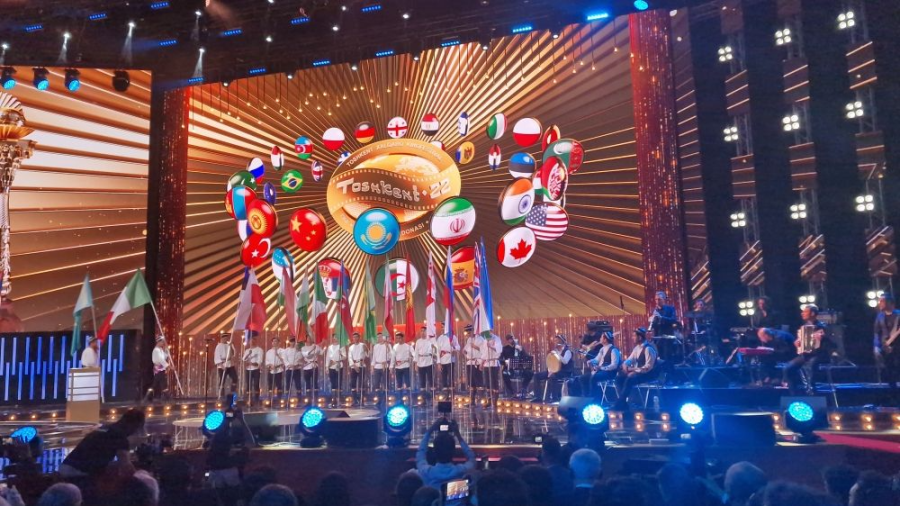The globalization of award shows has been a significant development in the world of film and television in recent years. As international film and television festivals continue to grow in popularity and prestige, they have become an important platform for celebrating the best in global entertainment.
One of the key drivers behind the globalization of award shows has been the explosion of streaming platforms and online content. With more people than ever before having access to a wide variety of international content, the demand for recognition of this work has increased. This has led to the creation of new award shows and the expansion of existing ones to include a more diverse range of nominees and winners.
One example of this trend can be seen in the growth of the International Emmy Awards, which recognize excellence in television programming outside of the United States. Launched in 1973, the awards have consistently expanded their categories and geographical reach, culminating in the establishment of the International Academy of Television Arts & Sciences in 2010. Today, the International Emmys receive submissions from over 70 countries and have become one of the most prestigious awards in the global television industry.
Another example is the Cannes Film Festival, which has long been a major player in the global film industry. Established in 1946, the festival has a strong reputation for showcasing the best in international cinema and has helped to launch the careers of numerous directors and actors. In recent years, the festival has also started to recognize the growing importance of streaming platforms and online content, with categories for series and digital creations being added to the competition.
The globalization of award shows has also been fueled by the increasing interconnectivity of the world through social media and other online platforms. This has made it easier for international audiences to discover and connect with content from around the world, leading to a greater demand for recognition of this work. As a result, many award shows have started to include categories that recognize the best in international content, further reflecting the globalization of the entertainment industry.
While the globalization of award shows has brought many benefits, it has also led to some challenges. One of the main issues has been the need to balance the recognition of international content with the importance of supporting local industries. This has led to some criticism that award shows have become too focused on international content, with many calling for greater support for local talent.
Another challenge has been the need to adapt to the rapidly changing media landscape. With the proliferation of streaming platforms and online content, award shows have had to adapt to new models of distribution and consumption. This has led to the creation of new categories and the expansion of existing ones, as well as the introduction of new voting systems and judging criteria.
Overall, the globalization of award shows has been a major development in the world of film and television, reflecting the increasing interconnectivity and diversity of the entertainment industry. As international film and television festivals continue to grow in popularity and prestige, they will play a vital role in celebrating the best in global entertainment and helping to support the growth of local industries.

